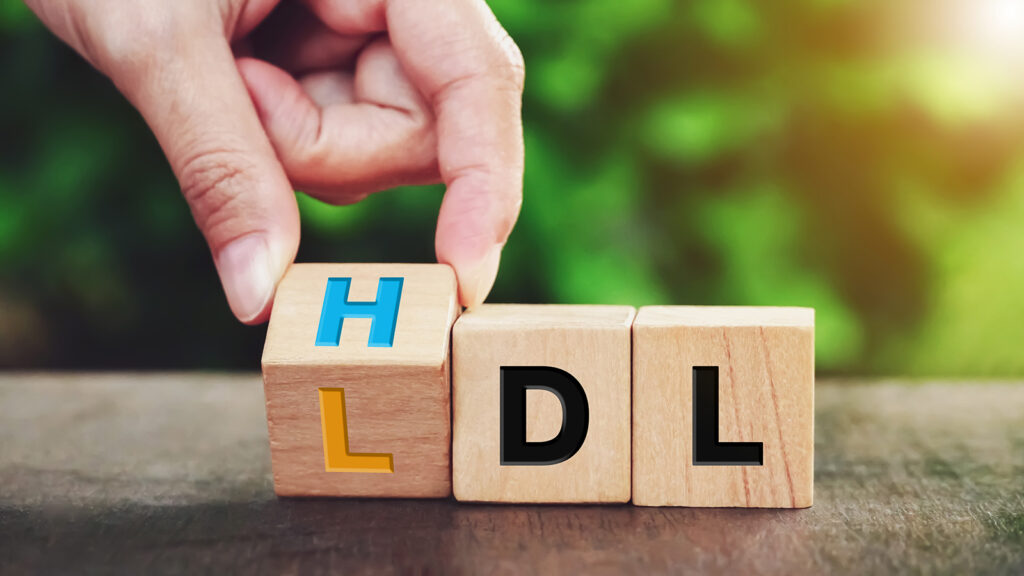
High blood pressure, also known as hypertension, is often called the “silent killer” for a reason. It can develop quietly and persist without symptoms, causing serious health complications if ignored. In this blog, Sarah Bush Lincoln, Cardiologist, B Lakshmi, MD, helps us break down the realities of high blood pressure—what it is, why it matters and what you can do to keep it in check.
Rethinking What’s “Normal” As We Age
For generations, many believed that rising blood pressure was simply a natural part of aging. Dr. Lakshmi remembers his grandmother saying, “Your top number should be 100 plus your age.” but, this idea has been debunked through modern research.
While the systolic number (top number) often increases with age and the diastolic number (bottom number) may decrease, elevated systolic pressure can still pose significant risks, especially after age 65. It has been shown to be a key predictor of heart and vascular problems.
Until 2013, a reading of 140/90 was considered normal. However, studies comparing this benchmark to the now widely accepted 120/80 standard, found that individuals with lower readings experienced fewer complications. These findings led to a revision of what is considered a healthy blood pressure range and influenced guidelines on when treatment should begin.
What Exactly Is High Blood Pressure?
High blood pressure occurs when the force of blood pushing against your artery walls remains consistently too high. Over time, this added strain damages your arteries and can lead to:
- Heart disease
- Stroke
- Kidney failure
Because the symptoms are subtle or nonexistent, many people don’t realize there’s a problem until damage has already occurred.
Common Risk Factors
High blood pressure doesn’t appear out of nowhere. It’s influenced by a mix of lifestyle, health conditions and genetic predisposition. Key contributors include:
- Family History: Hypertension often runs in families.
- Poor Diet: Especially diets high in salt and processed foods.
- Physical Inactivity: Lack of exercise raises your risk.
- Obesity: Excess weight puts additional strain on your heart.
- Smoking and Alcohol: Both are harmful to blood vessels and overall heart health.
- Frequent Use of Ibuprofen: NSAIDs like ibuprofen can disrupt kidney function and raise blood pressure.
- Chronic Stress: Ongoing stress can gradually elevate blood pressure levels.
Diagnosing
Since high blood pressure is often asymptomatic, regular monitoring is the only way to catch it early. Early diagnosis makes treatment simpler and more effective, reducing the risk of long-term complications.
One unique scenario is white coat hypertension, where blood pressure readings spike in a clinical setting due to stress or anxiety. This doesn’t always indicate true hypertension, but it’s a sign that more consistent monitoring is needed. Your provider may recommend:
- Taking readings at home
- Additional visits
- Getting checked by a nurse or in a more relaxed environment
Your doctor will help determine the best path forward.
Practical Ways to Manage Blood Pressure
The good news is that high blood pressure is manageable. With a combination of lifestyle changes and medical support, you can take control of your heart health.
Tips for better blood pressure control:
- Improve Your Diet: Focus on whole foods—fruits, vegetables, whole grains, and lean proteins. Cut down on sodium and processed items.
- Stay Active: Aim for 30 minutes of moderate activity most days of the week.
- Stop Smoking: Quitting smoking immediately improves blood vessel health.
- Moderate Alcohol Consumption: Drink responsibly or consider abstaining.
- Manage Stress: Incorporate stress-relieving practices like mindfulness, yoga, or quality sleep.
- Use Pain Relievers Cautiously: If you regularly use ibuprofen, talk to your doctor about safer alternatives.
In some cases, medication will be part of the plan. Always follow your doctor’s instructions and check in regularly to monitor progress.
Take Charge of Your Health
High blood pressure isn’t inevitable but understanding the risks and actively managing them can protect your heart, brain, and kidneys for years to come. If you haven’t had your blood pressure checked recently, now’s the perfect time to make that appointment.
Want more information on high blood pressure?
Listen to our podcast with Dr. B Lakshmi: https://www.sarahbush.org/podcasts/


Leave a Reply